This post contains affiliate links from which I may receive a small commission, at no extra cost to you. In no way does this affect my opinion or the information I provide on the product. Please read my disclaimer for more info.
After a full five days of eating salad at every meal, Saturday arrives at last.
Time for unlimited pizza, soda, beer, brownies, and candy!
On Sunday, a nice detox soup will help annihilate the woes of the past, and Monday it’s back to your usual salads.
Next Saturday can’t come fast enough!
I may be exaggerating, but only a little.
A lot of people actually eat this way. They stick to a strict diet during the week and have a cheat meal or even an entire cheat day during the weekend.
While it’s a health trend for many, it can actually become quite problematic.
Why?
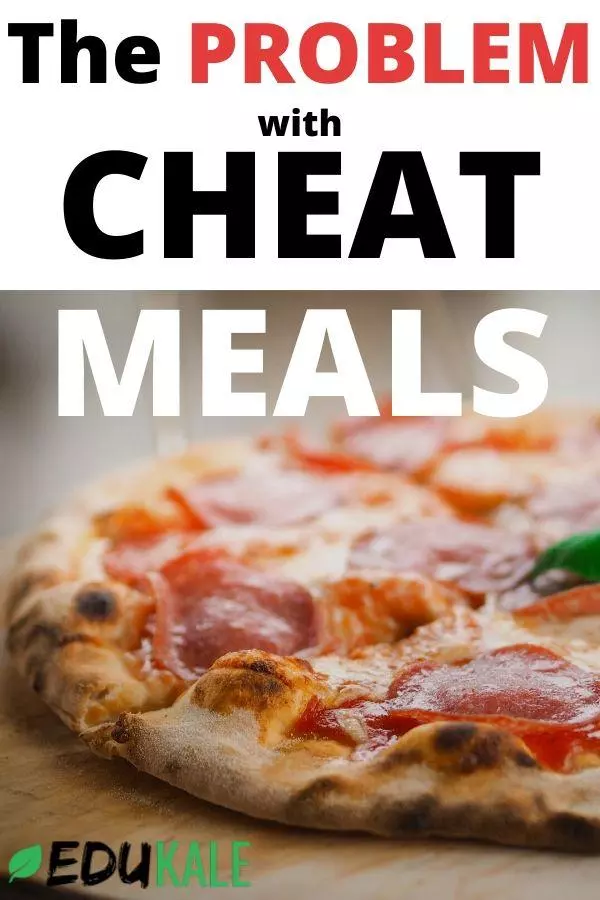
The cheat meal concept
Having a cheat meal involves letting yourself indulge in foods that are usually prohibited, temporarily breaking your strict diet rules.
Often, it’s a calculated permission to enjoy high-calorie foods, junk food, and other processed goodness. The idea is that by allowing yourself to eat these foods once a week (more or less for some), you’ll be more likely to sustain your diet long term without feeling too deprived.
In theory, you’re also less likely to have those cookies for dessert because you can just wait until your cheat meal to splurge.
The problem with cheat meals
Now, you might think that the main problem with a cheat meal resides in the gargantuan consumption of unhealthy foods. Pancakes for breakfast, a hamburger and fries for lunch, or a pizza for dinner? Why not all three? Surely a nutritionist would have a problem with you overly indulging in these types of foods?
In addition, even if you are very strict with your diet during the week, having a cheat meal/day might totally counter-balance all of your hard work.
Let’s say you’re trying to create a calorie deficit to lose weight. You want to lose a pound (around 3500 calories) a week, so you’re eating 500 calories less each day.
If you have an entire pizza, some beers, and a brownie for dessert during your cheat meal, you just lost all that effort. And it’s much harder to get back into a healthy mindset after indulging in all of these foods.
But the thing is, that’s not even the biggest problem.
So what is?

Cheat meals encourage unhealthy eating behaviors.
An unhealthy relationship with food
The biggest problem I see with cheat meals is that they fuel an unhealthy relationship with food.
This rule dictates when you can eat, what you can eat, and how much you are allowed to have. Certain foods are seen as good while others are seen as bad, and therefore more desirable.
Consuming the “bad foods” comes with feelings of guilt and shame, and the impression that you should compensate for the damage caused. These “bad foods” should never be enjoyed, unless they are consumed under the strict circumstances of a cheat meal.
This practice tries to control all of these emotions by putting them in a permitted category. However, it’s only a disguised way of encouraging an unhealthy relationship with food.
Studies show that cheat meals are indeed associated with eating disorder symptoms and binge episodes.
The all-or-nothing mentality
Cheat meals also feed the all-or-nothing mentality, which makes you perceive things as either “all good” or “all bad”.
Whenever a meal isn’t perfect, it’s a failure, so why bother with healthy eating? While you’re at it, why not finish the entire box of cookies?
In this case, your entire week of healthy eating is the “nothing” while the cheat meal is the “all”.
The more you restrict during the week, the more you’ll want to eat during that long-awaited meal. You’re giving certain types of food way too much power. Are you controlling them, or are they controlling you?
Binge-eating
Another problem I see with cheat meals is that they seem like an organized form of binge-eating.
You might not actually crave that cupcake, but you absent-mindedly shove it down your throat because this is your only chance. If you don’t have it now, you’ll have to wait X amount of time before you can have it again.
You might not even be particularly hungry for this huge meal, but you absolutely must stuff yourself, so that you don’t regret it later.
This can drive you to eat much more than your actual needs and wishes, completely obliterating your hunger and satiety signals. The cheat meal concept definitely sets you up for the unhealthy binge-and-restrict cycle.
So what should you do instead?
Depending on your situation, there are a few things to try.
If you have basic knowledge regarding nutrition and portion sizes, and if you are in tune with your body’s hunger signals, I would suggest opting for a more mindful approach to eating.
Try to eat foods that properly nourish you, but that you also enjoy. Allow yourself to eat any type of food, without thinking of it as inherently good or bad. Listen to your hunger and fullness cues.
If you are allowed to eat all of the foods you want, they won’t be so special anymore and you won’t crave them as much.
If you still feel like you need rules or aren’t in a place where you can rely on your hunger cues, I would recommend following the “80/20 rule”.

Try to eat mainly whole, healthy, nourishing foods (around 80% of the time) all while letting yourself indulge in treats 20% of the time.
This can look like having a cookie with your apple for a snack, enjoying a home-made burger with a salad on the side, or drinking a glass of wine with your meal.
You should have these small treats throughout the week, without designating a special day to indulge. This will remove any wish for bingeing out on prohibited foods because they will be available to you if you wish— in moderation, of course.
But what if cheat meals work for you?
I do want to mention that if you have been successfully maintaining a healthy diet all while having the occasional cheat meal, that’s great. Everyone has a different body, mind, way of eating, and relationship with food.
I also want to acknowledge that not everyone goes “all-in” for their cheat meal. It may only be an occasion to eat a type of food you don’t usually eat, to enjoy dessert when you never do, or to eat out when you always stay in.
In this case, why not call it a “treat meal”? It has a much healthier connotation. Studies actually show that associating a “pleasure food” with celebration rather than guilt is related to more successful weight maintenance and higher levels of behavioral control.
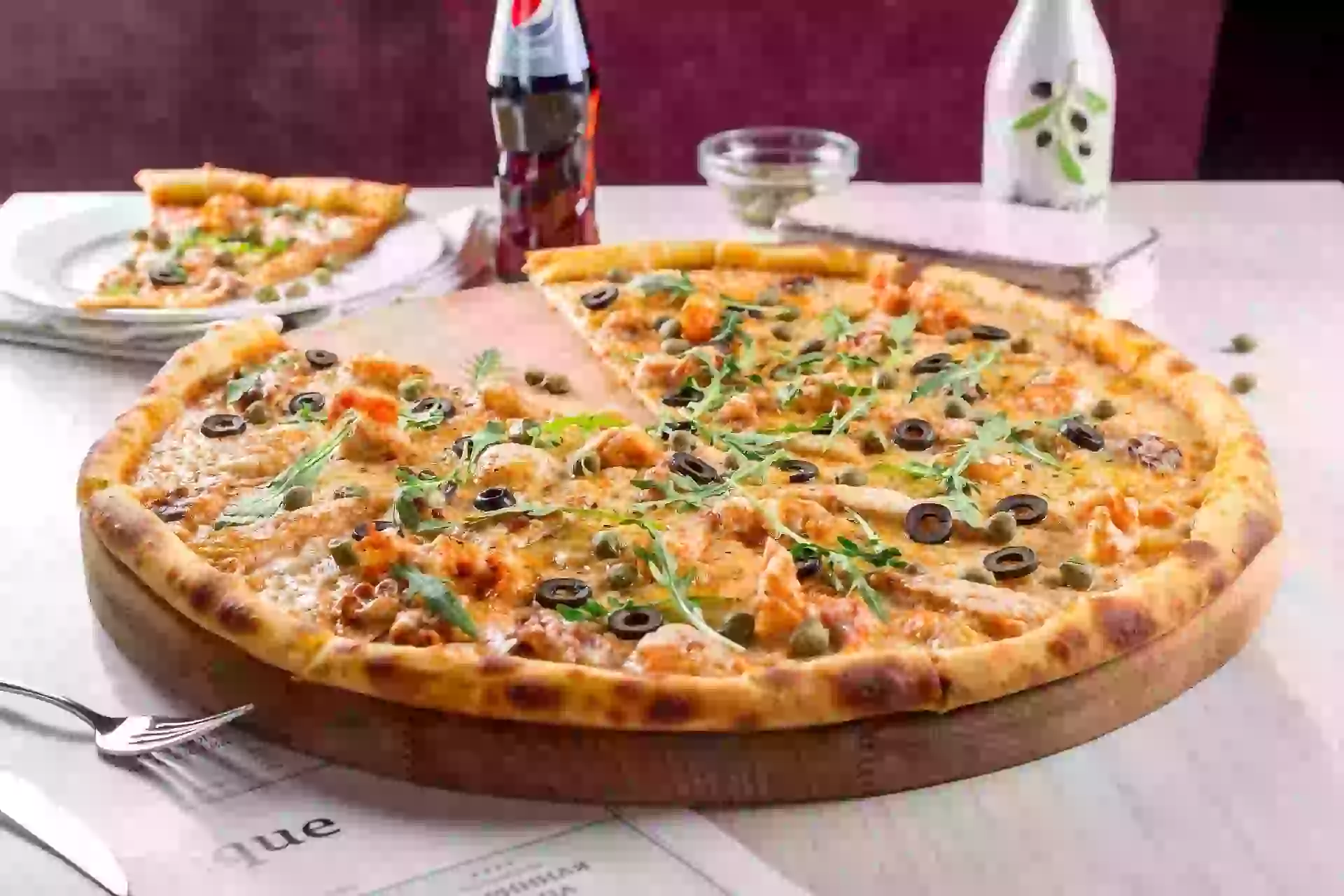
In short, while I wouldn’t encourage those starting their healthy eating journeys to incorporate cheat meals, if that’s what’s been working for you, then by all means continue! There isn’t a one-size-fits-all answer!
Cheat meals in conclusion
The problem with cheat meals is that they encourage an unhealthy relationship with food. They fuel the all-or-nothing mentality, binge eating, and poor eating behaviors.
They make you label foods as good or bad, and regulate every aspect of your nutrition.
Instead, try to adopt a more mindful way of eating, and indulge in small treats throughout the week to replace your usual cheat meal.
-Lucie

Welcome!
I'm Lucie, the nutritionist behind Edukale! If you'd like to learn more about me, click HERE !
Read More!
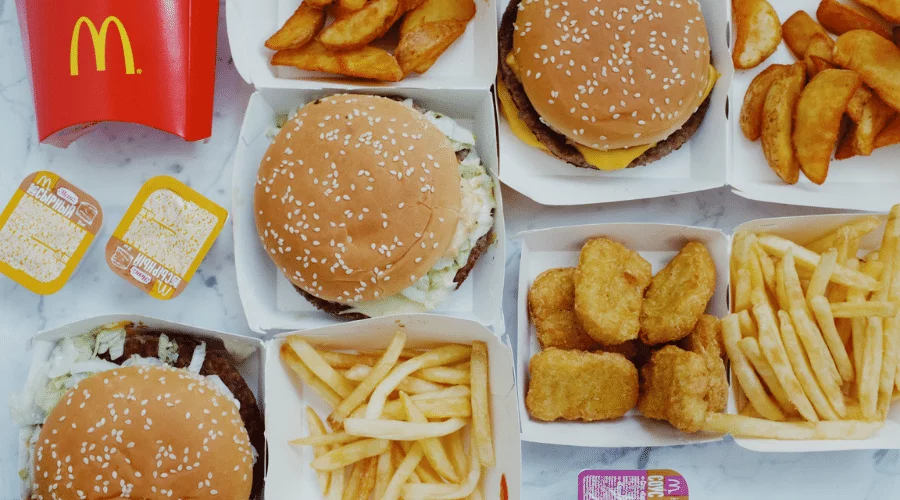
The truth about processed foods
You’ve probably heard that it’s best to reduce your intake of “processed foods” for healthy eating, and increase your intake of whole foods for optimal health.

The Best Foods to Fight Fatigue
Do you feel like you’re always tired and that you need multiple coffees to get you through the day?
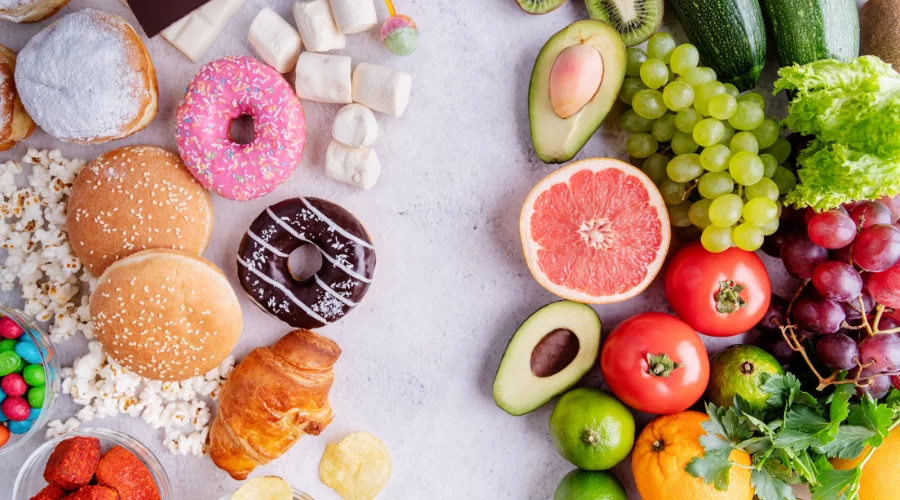
how to find the balance between healthy eating and dieting
It can be hard to find the right balance between healthy eating and dieting without becoming obsessed with food.
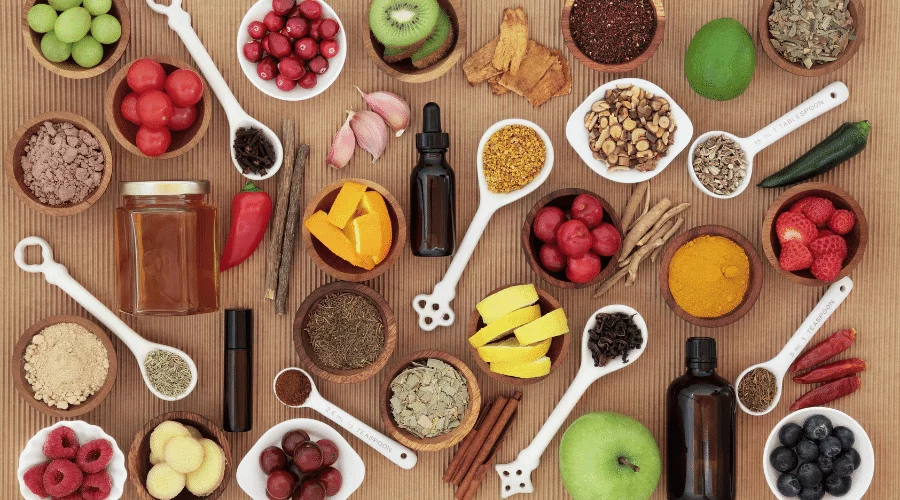
Can you use food as medicine?
“Let food be thy medicine, and let medicine be thy food.” We’re all familiar with this quote attributed to Hippocrates, and we all know the huge impact our food choices have on our health.
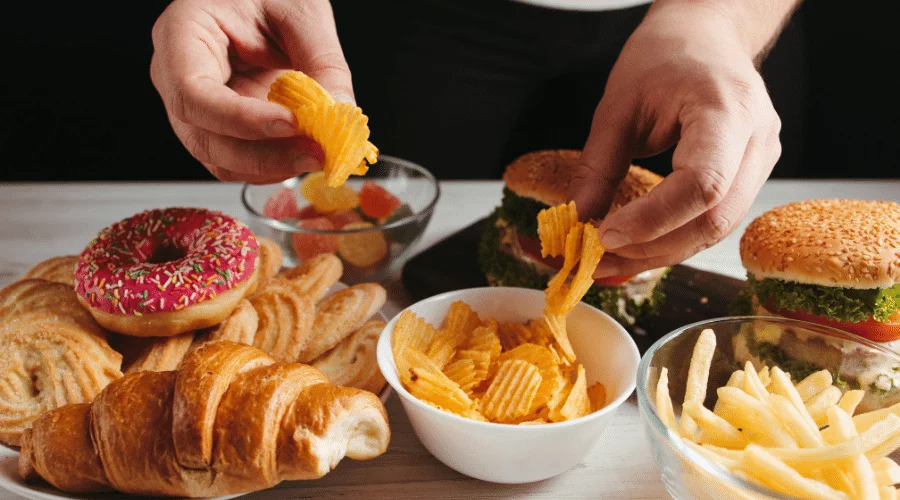
How to finally stop overeating for good!
Overeating means eating past your body’s actual needs, and it can be rather uncomfortable.
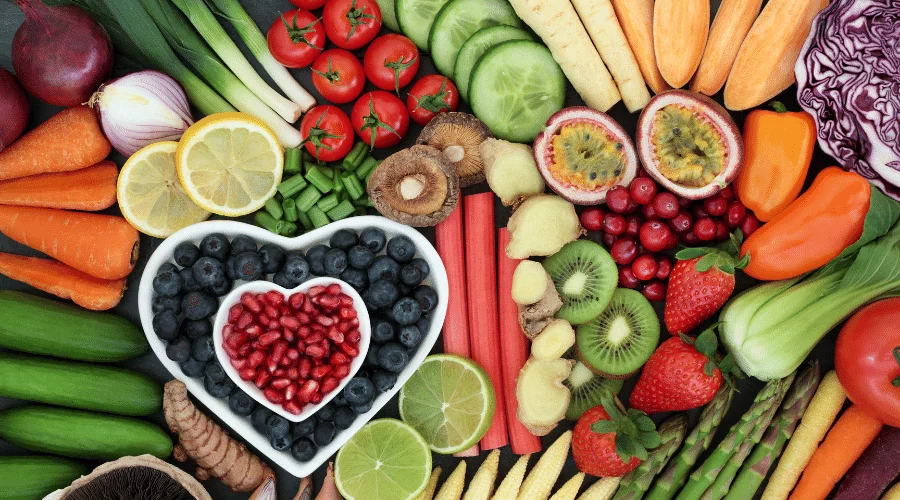
The anti-inflammatory diet: get rid of inflammation
You’ve certainly heard about the anti-inflammatory diet before and the benefits it could have on your body.
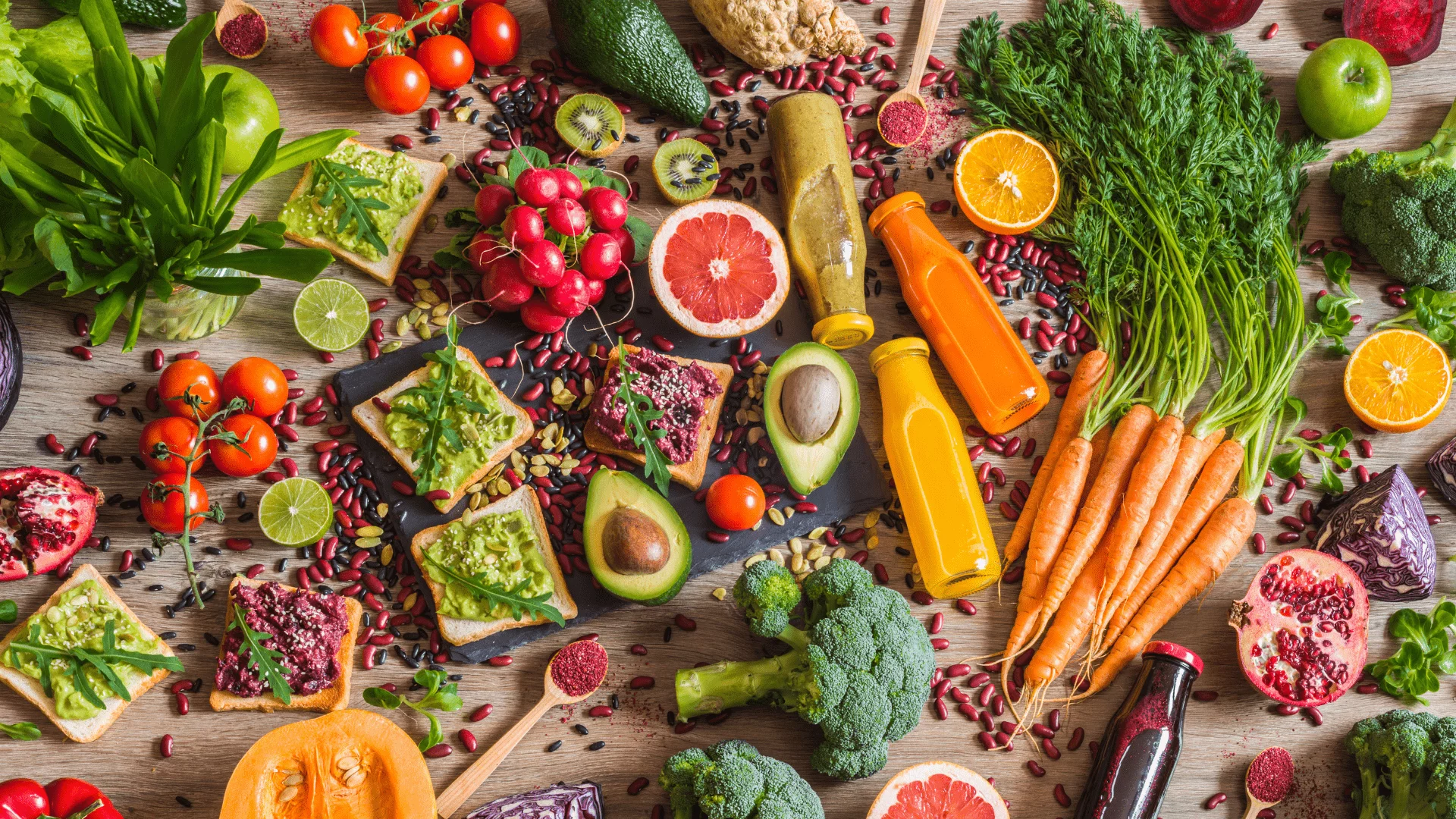
The complete beginner’s guide to veganism
Even though you can absolutely be healthy on a diet that includes animal products, the scientific consensus shows that increasing your consumption of plant-based foods is what is best for health.
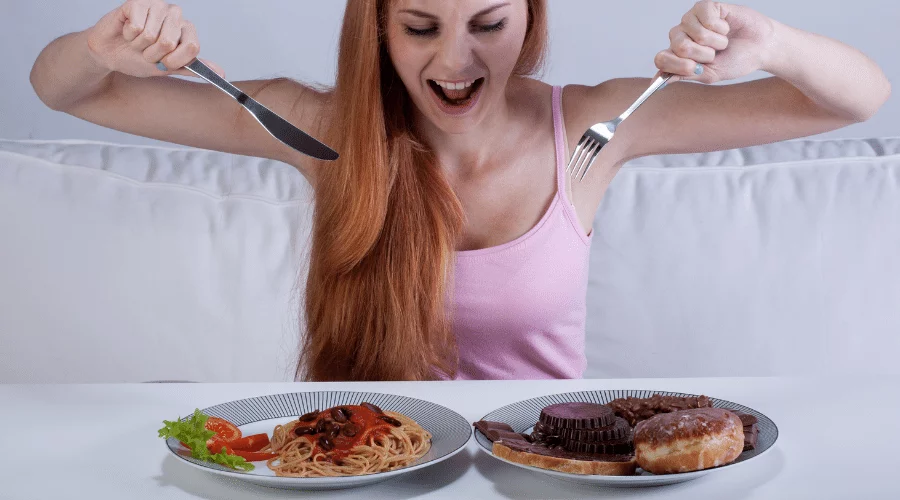
Physical vs emotional hunger—learn the difference
You may be aware that physical hunger is not the only type of hunger that exists. There are actually two main types of hunger: physical hunger and emotional hunger

